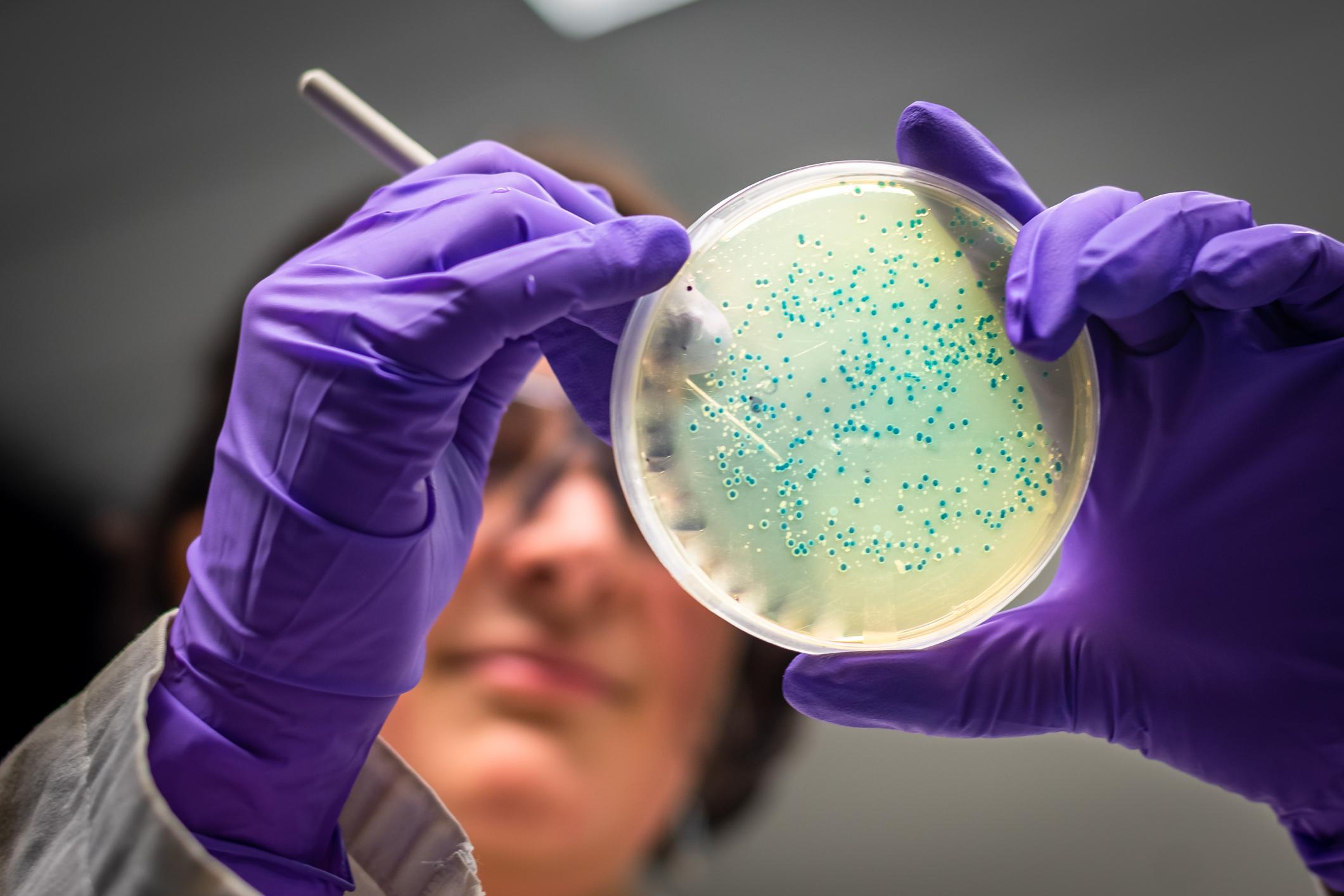Antibiotic resistance and not lack of hygiene would be responsible for the spread of the dangerous bacteria Clostridium difficile (C. difficile) in hospitals, according to the results of a study published in the medical journal The Lancet.
Researchers at the University of Oxford in the United Kingdom analyzed data on infections caused by this bacteria and the amounts of antibiotics prescribed in hospitals and by general practitioners in the United Kingdom. Over 4000 bacterial samples were tested with genetic analysis to identify which antibiotics each bacteria was resistant to.
Antibiotic resistance: a priority public health challenge in the United States
7 frequently asked questions about antibiotics
Reduce the prescription of antibiotics to limit the risk of infection
The results of this study showed that the decrease in the prescription of antibiotics of the fluoroquinolone family, such as ciprofloxacin, reduced infections with resistant strains of this bacterium and not draconian hygiene and cleaning measures in hospitals. hospitals.
It has also caused the disappearance in the vast majority of cases of infections caused by C. difficile strains, resistant to treatment. Researchers have observed a drop of around 80% in the number of these infections in the UK.
Infection caused by the bacteria Clostridium difficile (C. difficile) is responsible for diarrhea and so-called “pseudomembranous” colitis, accompanied by fever and pain. The consequences can be extremely serious, such as perforation of the colon, and even fatal.
“These results are international in scope because other regions of the world such as North America, where the prescription of fluoroquinolones is not restricted, still have a lot of C. difficile infections,” explains the professor. of Microbiology Derrick Crook of the University of Oxford, co-author of the study.
Read also:
Antibiotic resistance debated at the United Nations
Antibiotic resistance will cause 10 million deaths per year in 2050
Antibiotics: Handle With Care: The New WHO Campaign


















